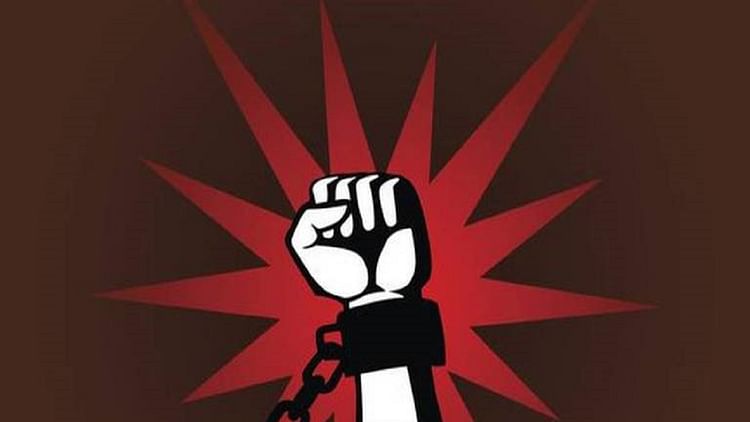The charge of sedition, 124 A of the IPC, that has been authorized to punish up to life long incarceration, has been called the ‘Queen’ of the entire Indian Penal Code. The punishment it envisages is extremely brutal and symbolizes not power, but insecurity. The British colonial regime had passed the act in 1870 to kill any patriotic fervour gripping the masses to keep its hold intact. The act was scrapped in Britain, but our country continues with it, though we are now a sovereign democratic republic.
It was in this context that Justice D Y Chandrachud, heading a three member bench in the Supreme Court, had said on May 31, 2021 that “It is time now to define what is sedition and what is not.”
It was in the light of the research groups’ findings that pointed out that the number of sedition cases has risen since 2014. The recent flood of alleged sedition charges has shown how desperate the NDA government has been. Exasperated, the apex court quashed the charges of sedition filed against television anchor and Padma Shree awardee journalist Vinod Dua who criticized the government’s handling of COVID-19 cases as he was visiting to cover the pandemic conditions in the hills of north India. A BJP leader had filed the case against him.
The court also stated that all journalists are protected by the Kedar Nath Singh judgment that restricted the power of the 124 A of the IPC or the sedition law. Now it can only be imposed when it actually incites violence. However, it is not yet clear how far the implications would be favorable for those from the same tribe.
In the states ruled by the BJP, the sedition charges have been slapped quite liberally. The agitations against Citizenship Amendment Act that spread all over the country was one such instance. At least 25 sedition cases were filed and 22 of them were in BJP ruled states, many of them against the scribes. According to the database, the most affected states have been Bihar, Jharkhand, Tamil Nadu, Karnataka and Uttar Pradesh. Under sedition law, not less than 534 cases have been registered and 65 percent of them are from these states.
Accusing journalists of sedition is the expression of insecurity as the State is itself passing through a deep uncertainty. There are explicit signs of distress as the Supreme Court has pointed out, saying that the State has become more fragile than it was.
According to research groups, surveys are making more exposures than even the journalists. The downward journey of the system continues. The court has questioned not only the slapping of sedition charges against those who bring to light gruesome fault lines of the system but also its vaccine policy and even the ‘thinking’ behind it, as it is sarcastically said.
Delhi High Court has come out with the summing up of the situation as it said that the officers that do not go on getting vaccines for the suffering and refuse to take steps to speed up its production should be charged with manslaughter.
So far as the journalists are concerned, to reflect the truth in all its splendour is not necessarily pleasing to behold. They are always at the risk of getting penalized because the system is always keen to hide what they expose. Most of the sedition cases, in its inglorious history, prove the same.
In history, there is an abundance of such daring writings by those for whom journalism was not a profession but a life long search for truth.One such was Bal Gangadhar Tilak who faced not one but several sedition charges in his life. Among them were those when he wrote against the British rule in Kesari and Mahratta, both brought out by him.
Then there were the reports on Mahatma Gandhi after the non-cooperation movement launched against the British government and withdrawn after the Chauri Chaura incident, welcoming the sedition and the resultant punishment. All these are the beacon lights in the performance of journalism and its validity. Journalists are the witnesses of battles that start and end, and wars that are constant.It was Socrates who had said that those who critique the society deserve not poison but protection.


























































































